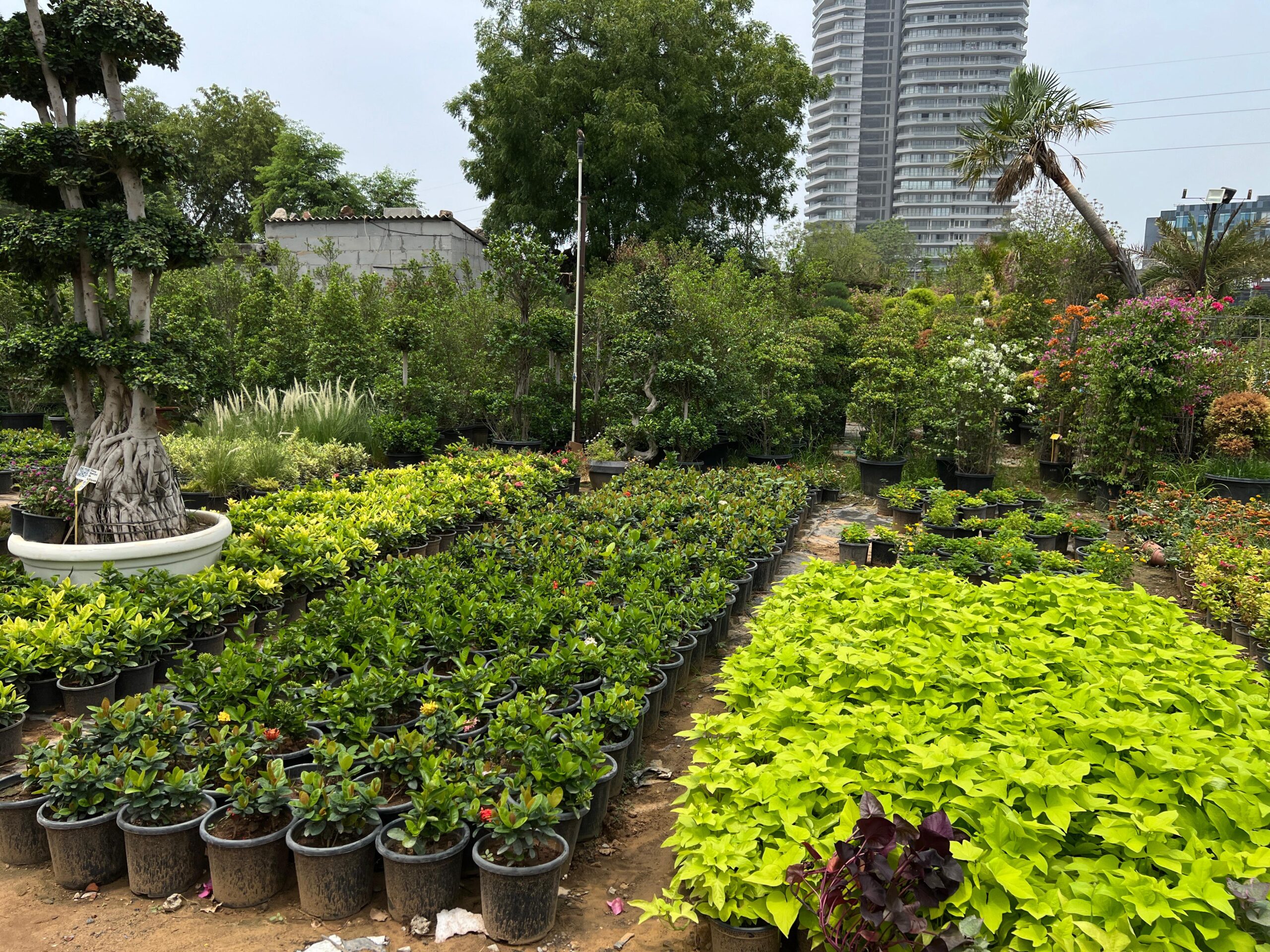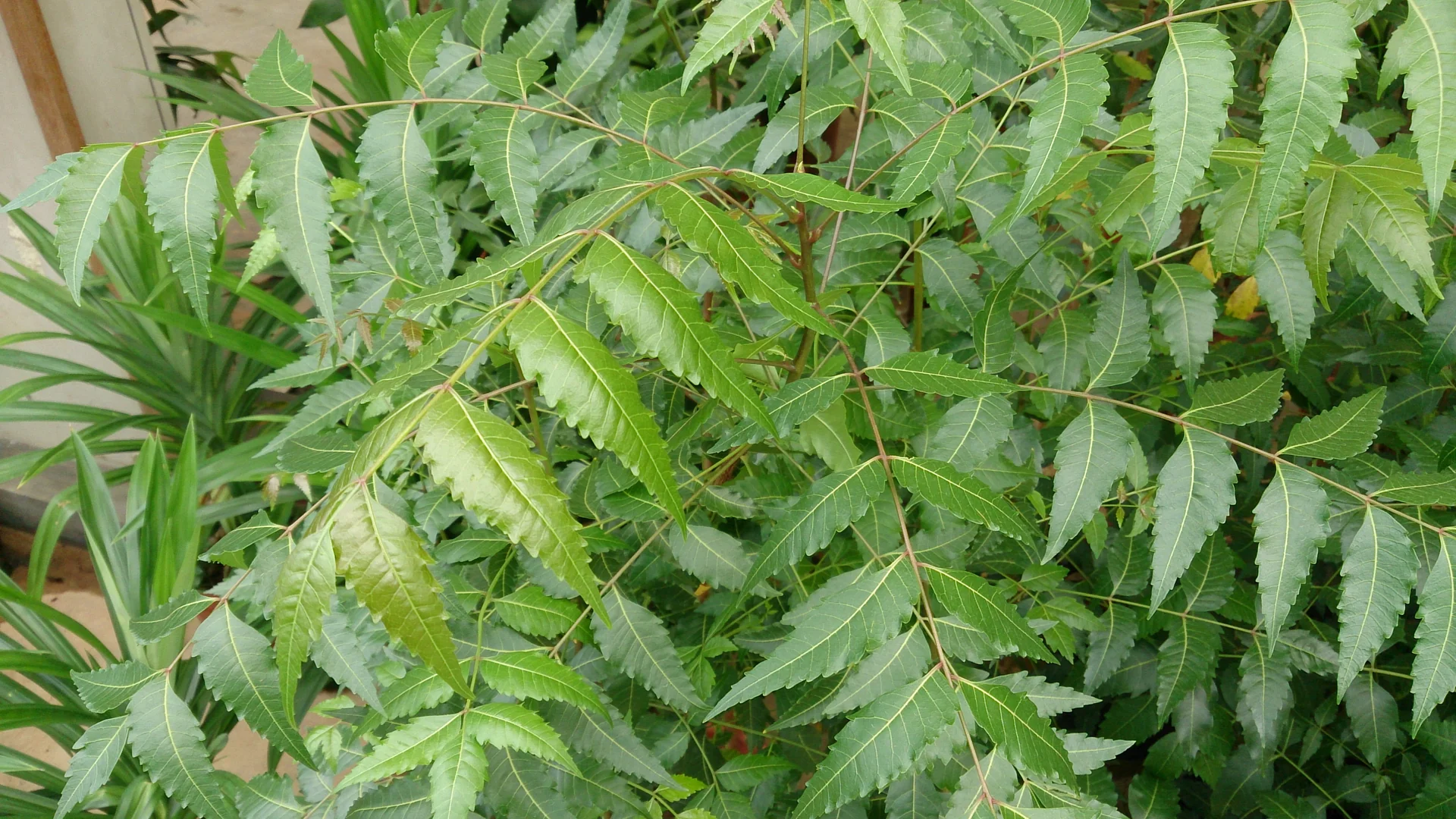The benefits of using native plants are numerous. They possess greater chances of survival because they are grown in naturally good climatic conditions. Many native plants found in India are easier to grow and possess high medicinal value. Ayurveda acknowledges the curative properties of these herbs which have been used over the years to cure various ailments.
Let’s explore some of the Indian native plants that find great purpose in your daily life.
Drumstick Tree
India is where the drumstick tree, also known as horseradish or moringa tree, originated and has been in existence since time immemorial. Its stems are yellowish white and have seeds that are dark brown colored. These are used for cooking food items or cosmetic purposes.
Ajwain/Carom
Carom seeds can effectively control a range of ailments including peptic ulcers, dyspepsia, and hypertension as they are rich in sodium, calcium, vitamins B, phosphorus, and iron. These are also used to make pakodas and also as a digestive medicine.
Mango Tree
In Southeast Asia and India, mango trees are revered for their succulent fruits. The height of the trees can achieve 100 feet, they possess bright red flowers and are much valued by people as they serve as the national fruit of India and the national tree of Bangladesh.
There are more than 500 species in India alone, which underlines its importance for culture globally.

Jamun
The consideration of the Jamun tree in India cannot be overemphasized because of its uniqueness and medicinal benefits. Lord Krishna is portrayed by this plant and it decorates the entire place as well.
Its purple-black fruits are prized for their sweetness and cooling properties, while the tree’s leaves, seeds, and bark are a part of most Ayurvedic treatments.
Arjuna Tree
The Arjuna Tree, indigenous to India has a gigantic deciduous character bearing wide leaves and slightly grayish-white bark. The Ayurvedic system of medicine indicates that its bark is used for heart-related problems in humans.
The tree can reach a height of 25 meters tall and it carries a lot of cultural significance for Indians. In India, it stands as a sign of strength, beauty and endurance.
Bael
Numerous medicinal qualities associated with Aegle marmelos (Bael tree) labeled it as a holy plant to some extent in India. This tree holds a great place in Hindu myths, especially during Shivratri – that is why devotees always pay regard to it while they pray for theirgods’ love or remembrance on this day.
The fruit is loaded with various nutrients, helps in digestion, and has anti-germinal characteristics among others. Such is also true of the leaves, roots, and barks.
Neem Tree
The Neem tree, which belongs to India, is culturally significant and is used in traditional medicine. This tree has strong wood and neem oil that serves various purposes as well as being a natural bug repellant thus benefiting the Indian society’s healthiness.

It can be found across different climatic zones characterized by its unique foliage, sweet-smelling blooms, and oval-shaped fruit.
Conclusion
India is home to various native plants that we use almost every day in our lives. From neem leaves to ajwain seeds, these plants make our everyday lives better and easier.



